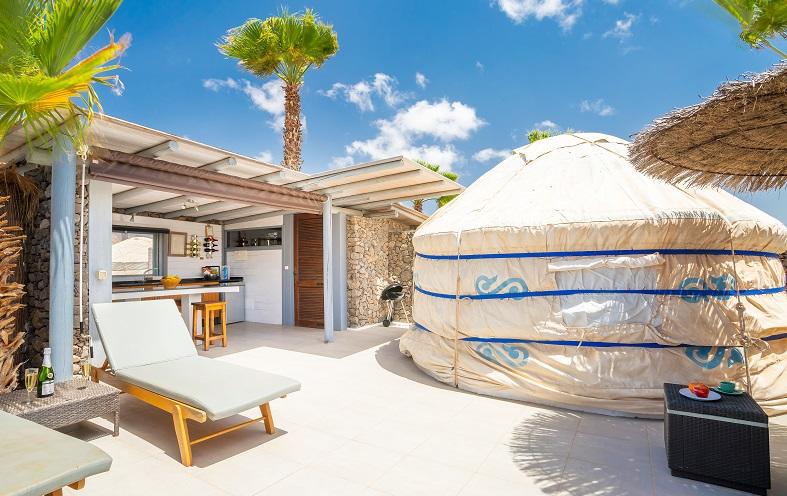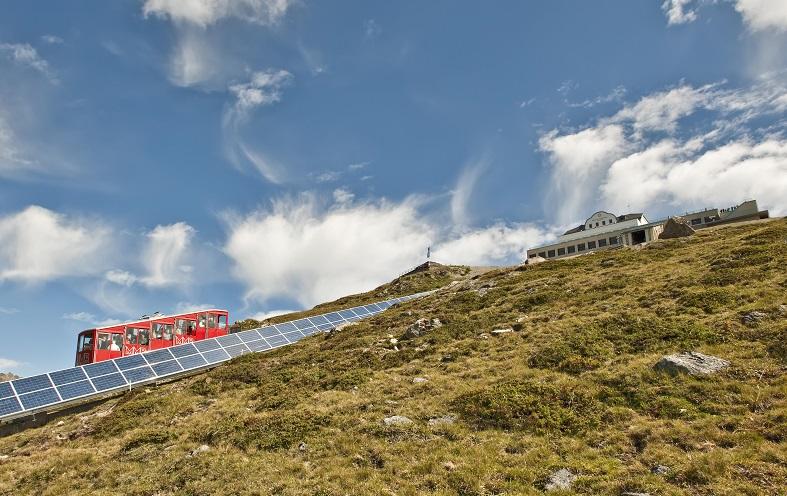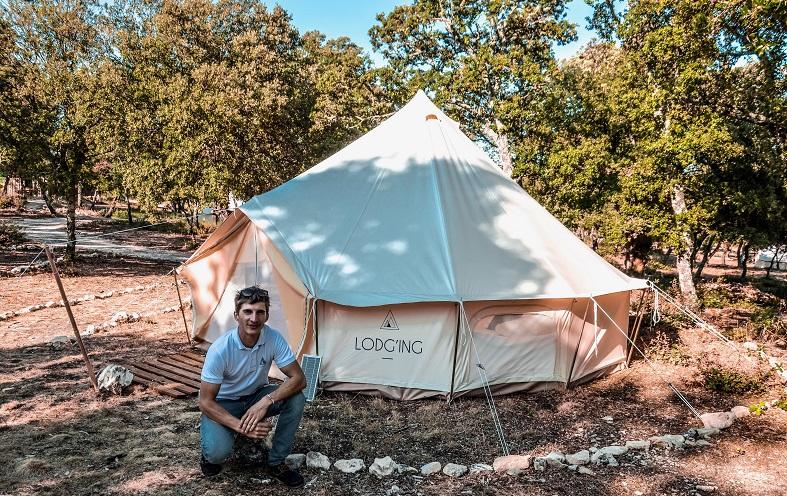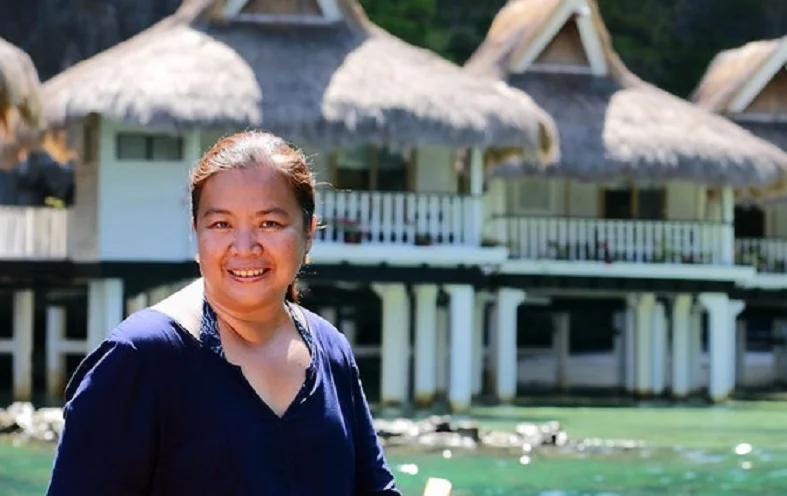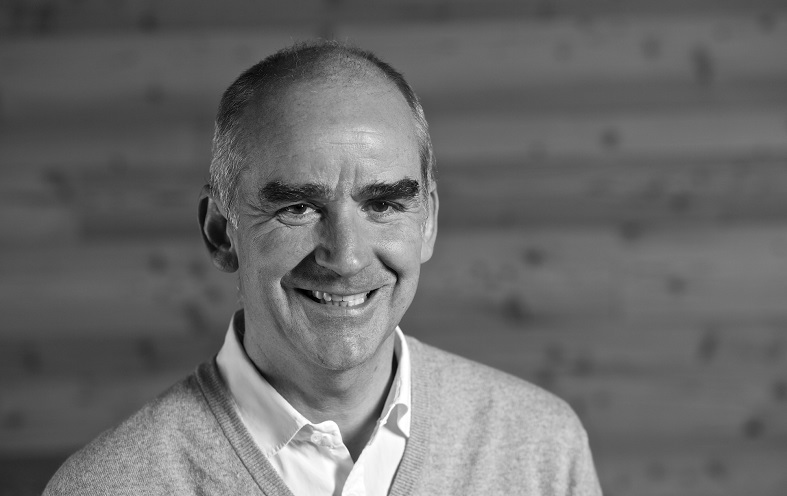
Fredi Gmür, CEO of Swiss Youth Hostels, in this second interview of our special series with Swiss sustainable tourism leaders and changemakers, tells us why the award-winning organization has made sustainability a core part of its business model. He also illustrates how Swiss Youth Hostels have managed to reduce energy consumption and greenhouse gas emissions of their properties.
Fredi, you are the CEO of Swiss Youth Hostels since 1996. Do you remember what first got you interested in working in tourism?
Already my parents worked in tourism and from an early age on I was very fascinated by the tourism industry. After I graduated from school, finished my education and spent a few years abroad, I decided to work in the tourism sector. First as tourism director of the destination Amden (1981 – 1989), afterwards as director of Savognin Tourism (1989 – 1996) and since 1996 as CEO of the Swiss Youth Hostels.
Looking back, would you say your view on tourism and sustainability has changed since taking over the leadership of Swiss Youth Hostels?
From the very beginning, sustainability played a crucial role in my core objectives. When I took over the role as CEO in 1996, the Swiss Youth Hostels were financially very unstable and a strategic realignment was necessary. Therefore, we developed our new sustainability strategy based on the three-pillar-principle: economy, social compatibility and ecology. These three principles are constantly interacting with each other and define how we act daily as an organisation.
Which are the main concerns linked to tourism sustainability currently in Switzerland?
Switzerland is blessed with great nature, which is a great benefit for the tourism industry. But of course, climate change affects us and to preserve this idyllic and very important eco-system, natural zones need to be defined.
Another major topic is mobility, especially as more people travel and therefore the CO2 pollution rises. Swiss public transport is already very efficient, but there is still a lot of potentials to improve the mobility system.
Over the last years, Swiss Youth Hostels have been awarded a remarkable number of prizes and accolades. If you had to choose one for its special impact on you or the organization, which would it be?
The milestone award for excellence in tourism, which we received in 2007 for our sustainability strategy.
In your view, why have Swiss Youth Hostels as association been able to become so successful, in terms of sustainability? What is your secret to success?
I guess it’s the persistence, the endurance and most importantly that we really believe in what we do and that it is the right thing to do. The Swiss Youth Hostel Association was from the start a socially motivated organization with the initial idea to provide cheap accommodation for people with less income. With the sustainability strategy, we laid a solid foundation for our daily work.
How do you work towards inclusive tourism at your properties in Switzerland?
We proactively support barrier-free accommodation in Switzerland. In total, 32 of all our hostels (franchise excluded) are barrier-free.
How important is a hotel’s sustainability performance nowadays for its commercial competitiveness?
Sustainability is our mission and stimulates our everyday action. It’s great that the trend among the tourism industry and among the guests is growing more and more towards sustainable tourism. We see it as our responsibility to encourage this development even more with education and sensitization.
Which aspects of running a responsible hospitality business and social enterprise do you find the most challenging?
The fact that it never ends somewhere. You constantly have to improve your actions and there is always more you could do. That could be frustrating.
On the other hand, there is also so much development going on, and new technologies make it easier and also more economical to be sustainable.
Another challenge is greenwashing. If you communicate about your sustainable strategy, there is always the risk that it might be interpreted as a public relations stunt. Nevertheless, I am convinced that it is our responsibility to talk about the actions we take. But we also have to ensure that there are no empty words.

Which trends do you observe in the hotel business right now, which might support or hinder a more sustainable tourism industry?
I would say the cost.
Growing greenhouse gas emissions are perhaps the main drawback preventing tourism from becoming more sustainable. Which strategies have you implemented at Swiss Youth Hostels to address this issue?
The Swiss Youth Hostels constantly set new goals to prevent and reduce CO2 emissions and the consumption of energy in the production of heating, electricity and water. In 2017, we were able to reduce specific CO2 emissions for space heating by 57.3% in comparison with the year 2000.
Thanks to the voluntary CO2 compensation scheme that we run, together with the climate foundation myclimate, with very high participation of almost 60 % of hostel guests, we could offset around 2,270 tonnes of CO2.
Reflecting on your career at Swiss Youth Hostels, which 3 bits of advice could you share with hoteliers eager to embrace sustainability, but not quite sure how to convince their partners, shareholders or staff?
Sustainability is not a tool for advertisement. It only works thanks to the commitment of every single employee that believes in sustainability and implements it in their daily business. Especially the management board must set an example and implement sustainability consistently in their daily work and serve as a role model. This is the only way how you can ensure the long-term success of your sustainability strategy and make sure your organisation will also serve the next generation.
Thank you, Fredi.
More about Swiss Youth Hostels here. Connect with Fredi Gmür on LinkedIn.
Our interview with Fredi Gmür is part of a special series with sustainable tourism leaders and changemakers in Switzerland, supported by Swiss Youth Hostels, Swiss Travel System and SWISS.
Enjoyed our interview with Fredi Gmür on how Swiss Youth Hostels approach sustainability? Spread the word!
Buy Cialis no prescription
Buspar no prescription
Buy Flomax online

